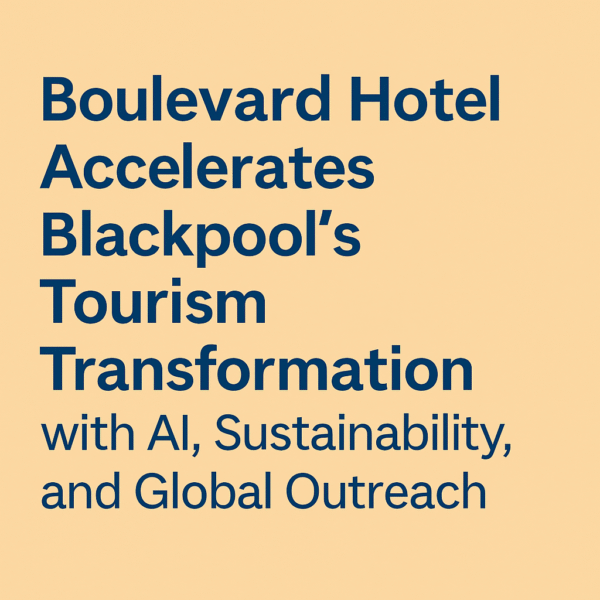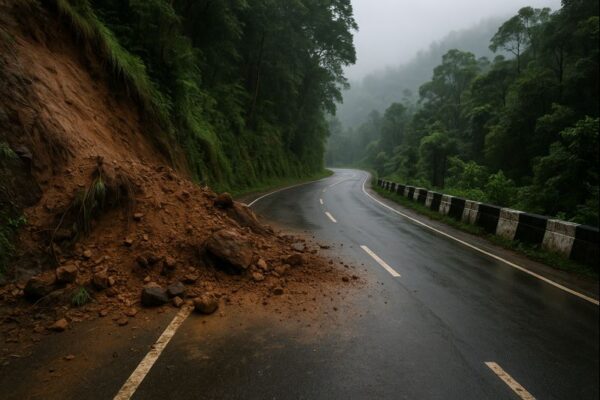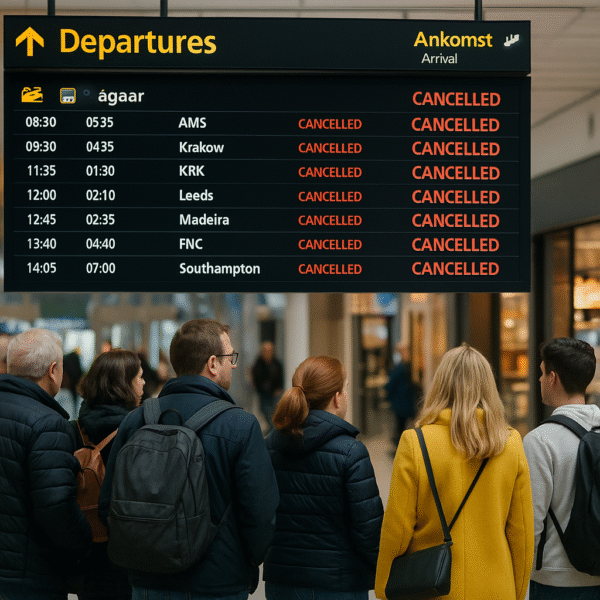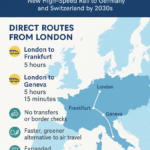Europe – June 2025 — A growing wave of anti-tourism protests in 2025, from the Canary Islands to parts of Greece and Italy, is forcing cities and governments to reconsider how mass tourism is managed. Driven by rising housing costs, environmental degradation, and an overwhelming tourist presence, local communities have taken to the streets demanding change.
But amid the frustration, Switzerland, Spain, and Berlin are standing out as models of sustainable innovation—introducing smart, long-term solutions that not only protect local interests but also redefine what responsible travel can look like across Europe.
Southern Europe’s Boiling Point: The Cost of Crowds
The year opened with tens of thousands protesting in the Canary Islands, demanding tighter control on unchecked tourism. Spain’s beach paradises, Italy’s historical cities, and Greece’s island towns have reached a critical point, with infrastructure crumbling under the sheer volume of tourists.
These protests aren’t isolated events—they reflect a continent-wide reckoning. In response, European cities are rolling out sustainability-first policies aimed at creating harmony between locals and visitors. Here’s how the movement is evolving through pioneering efforts in three key destinations.
🇨🇭 Switzerland: Leading with “Swisstainable” and Carbon-Neutral Travel
Switzerland, renowned for its pristine landscapes and precision engineering, is leading by example. The national Swisstainable tourism strategy, now in its second full year, champions climate-resilient infrastructure, equitable tourism distribution, and carbon-neutral travel.
Key Initiatives:
- 100% hydro-powered national rail system launched in early 2025, reducing traveler emissions.
- Encouragement of off-season and off-path travel to reduce crowding in hotspots like Zermatt and Interlaken.
- Discounts on public transport for travelers staying in certified Swisstainable accommodations.
- National campaigns fronted by icons like Roger Federer, promoting lesser-known destinations and eco-conscious travel behavior.
These strategies help reduce strain on major destinations and spread tourism benefits to under-visited rural communities.
Industry Impact:
- Switzerland’s approach is seen as a blueprint for sustainable tourism that other Alpine and nature-based destinations are studying.
- Tour operators are increasingly offering carbon-offset packages integrated with Swiss train routes and eco-stays.
🇪🇸 Spain: Smart Tourism Tech & Housing Regulation Reform
With Barcelona and the Canary Islands at the center of anti-tourism protests, Spain has embraced data-driven solutions to rebalance its tourism sector.
Key Solutions:
- The Smart Destinations app, powered by AI, tracks real-time data on crowd density, air quality, and even jellyfish populations, allowing tourists and businesses to avoid overcrowded locations.
- Enhanced tourism tax systems that reward longer stays and reduce pressure from short-term tourists.
- Stricter Airbnb and short-term rental regulation to alleviate local housing pressures in cities like Madrid and Valencia.
These tools aim to distribute tourism across more months and locations, making the travel experience smoother and more inclusive.
Industry Impact:
- Spain’s real-time data systems are expected to be adopted by other tourist-heavy countries.
- The move toward regulating short-term rentals is setting a policy precedent in European urban centers, balancing housing needs and tourism revenues.
🇩🇪 Berlin: Rewarding Eco-Friendly Travelers
Taking inspiration from Copenhagen, Berlin has launched a new rewards system through visitBerlin, aimed at encouraging green tourism behaviors.
Key Program Features:
- Travelers who use public transport, bike-sharing, or participate in community clean-up efforts earn credits toward:
- Free museum entry
- Discounts on guided city tours
- Access to eco-friendly local experiences
- Expansion of the eco-hotel network and certification programs for restaurants using local, sustainable produce.
- Implementation of the 15-minute city concept, encouraging foot traffic and cycling within compact, livable neighborhoods.
Industry Impact:
- Berlin’s tourist incentive model could revolutionize how cities reward low-impact travel.
- The “experience over consumption” mindset is shifting marketing strategies in the city’s travel sector toward storytelling, culture, and environmental stewardship.
🚢✈️ Air Travel and Cruises: The Unresolved Challenge
Despite these innovative efforts, air travel and cruise ship tourism remain major obstacles to sustainable tourism. Even the most well-planned local policies can’t fully compensate for the high emissions associated with global transportation.
European tourism authorities are exploring visitor caps, green flight corridors, and train alternatives to reduce dependency on air and sea routes. But further regulatory action will be essential to ensure balance, especially as international arrivals are expected to surge by 12% this summer, according to the European Travel Commission.
✈️ What This Means for Travelers and the Global Tourism Industry
These strategies not only aim to safeguard local communities but also represent a pivot in the global travel narrative—from consumption to conservation.
Implications for Tourists:
- Smart travel tools will become central to trip planning.
- Responsible destination choices and longer stays will be promoted over short, high-impact vacations.
- Travelers may increasingly opt for train travel over regional flights, particularly across the EU Schengen area.
Implications for the Industry:
- The shift to eco-certified products, data-based tourism management, and incentivized green behaviors will reshape offerings from airlines to tour operators.
- Sustainability is now a competitive differentiator, not a marketing buzzword.
🌱 Conclusion: A Turning Point for European Travel
As the tourism sector continues to recover and expand in 2025, Europe finds itself at a crossroads. Switzerland, Spain, and Berlin are proving that smart, sustainable tourism is not only possible but also necessary. Their policies provide viable models for other destinations around the world struggling with similar issues.
While overtourism remains a complex challenge, the innovative responses taking root in Europe suggest a future where tourism can coexist with culture, community, and climate—ushering in a new era of conscious travel.
For more travel news like this, keep reading Global Travel Wire


















